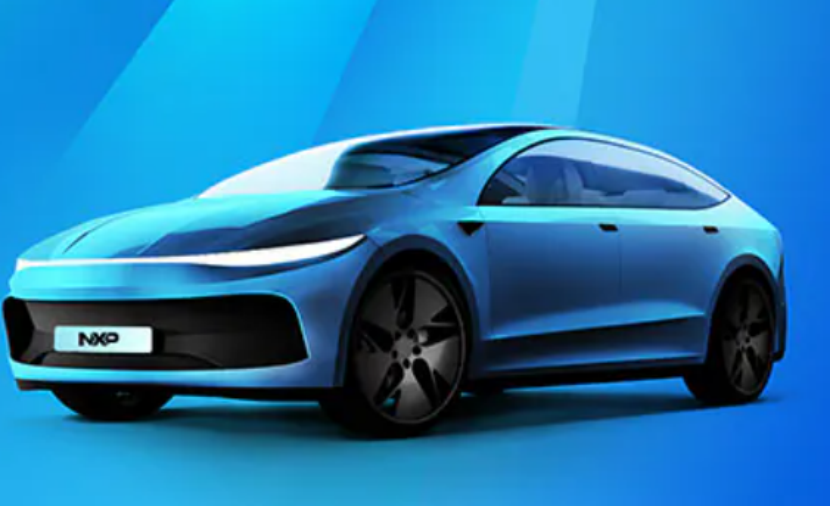On July 21, NXP Semiconductors NV, a Dutch chip manufacturer, announced its second-quarter revenue for this year reached $2.926 billion, a 6% year-on-year decline. Gross profit fell 13% to $1.562 billion, with a gross margin of 53.4%, down from 57.3% a year earlier. Operating profit decreased by 23% to $687 million, with an operating margin of 23.5%, down from 28.7%. Net profit attributable to shareholders plummeted 32% to $445 million. NXP stated that it expects revenue for the third quarter to reach between $3.05 billion and $3.25 billion. The midpoint of this revenue expectation ($3.15 billion) indicates a year-on-year decline of 3% and falls short of analysts' highest expectations. Furthermore, NXP anticipates that its gross profit for the third quarter will be between $1.691 billion and $1.837 billion, with a gross margin projected to range from 55.4% to 56.5%. Operating profit is expected to be between $818 million and $944 million, with an operating margin between 26.8% and 29.0%. NXP also highlighted that its adjusted earnings per share for the third quarter is expected to be between $2.89 and $3.30. Bernstein analyst Stacy Rasgon described this earnings forecast as 'generally good', but noted it did not fully meet some expectations. On July 22, NXP CEO Kurt Sievers stated that the two-year surplus in automotive chip inventory, a key factor limiting the company’s business growth, may finally end this year. During the Q2 earnings call, Sievers remarked, 'Although intense competition and supply chain disruptions caused by tariffs have suppressed automotive demand, our automotive business is significantly accelerating from Q2 to Q3.' He emphasized that once the current backlog is cleared, NXP will greatly benefit from increased market demand. This statement aimed to reassure investors as NXP's Q3 financial outlook fell below some investors' previous predictions. The outlook underscores that NXP is still navigating industry turmoil, which has led to a decline in its stock price. NXP heavily relies on the automotive sector, which reportedly contributes more than half of its revenue, but is currently facing significant blows from U.S. President Trump's import tariffs on vehicles. These tariffs have disrupted the global automotive supply chain and created uncertainty in customer orders. Sievers noted that NXP is closely monitoring backlog situations from its distribution partners and direct customers, expecting an increase this year. In an earnings call in April, Sievers mentioned that as customer orders stabilize, Q2 was expected to be a 'turning point.' Nonetheless, on July 22, Sievers emphasized that although he is optimistic, he would not attempt to 'sugarcoat' the current state of the automotive industry. Last week, Renault significantly lowered its operating margin expectations for the year due to intensified market competition and declining vehicle sales. Stellantis unexpectedly reported a net loss for the first half of the year on July 21. Bloomberg Intelligence analyst Ken Hui noted in a recent report that following Renault's downward revision of financial expectations, automotive chip manufacturers may face tougher pricing pressures, and European clients' inventory replenishment demands to avoid tariffs may soon come to an end. Following this report, NXP’s stock price fell 2.2% to $223.31. However, the stock has still risen 7.5% year-to-date.
NXP Semiconductors Reports Q2 Revenue Drop, CEO Optimistic About Auto Chip Demand Recovery

Share this post on: